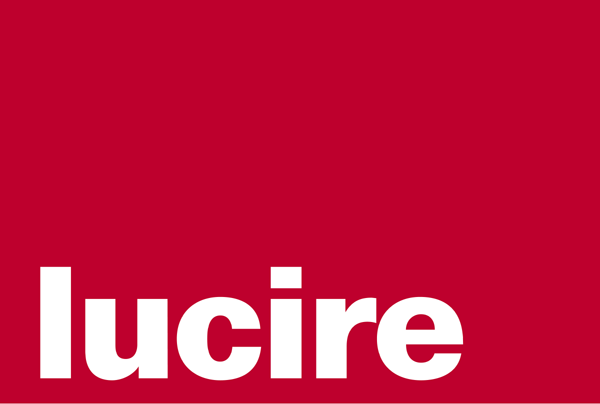One of my favourite Fashion Week experiences was a walk in the rain to the World workroom. It had been entirely spontaneous; I had rung them up quite restless and bored, dying for some good conversation. They did not disappoint.
I was greeted by one very interesting Benny Castles, and was taken in with open arms. The workroom is a visual feast, a lot like their next collection which I had the delight of pawing through.
Our conversation turned to the food chain of the world, after circling around education and offshore production. We settled on what the US has over China, which is one of the most interesting conversations I have had in a long time.
Since the ’80s, the opening up of the global market has been high on the international agenda. The US has indeed been one of the hardest to shift, predictably. We have all been predicting the fall of the US. But it is not the fall of the US that creates a new world order, (for another will take its place) as much as the rise of a country such as China.
The US has the protection of intellectual property. Albeit user pays.
In China ideas are distributed instantly, for little value, Benny adds. As the design world quietly shits its pants over the rise of the designer in China, as opposed to the manufacturer, you still need to go to the US to make money from innovation. Protection becomes as important as the innovation itself. Which means that in a country with fierce protection of copyright, you likewise become a magnet for a forward-thinking, entrepreneurial population. You don’t need to produce your own entrepreneurs, as long as you attract enough to your soil.
I was so fascinated and went away with my mind purring down Queen Street. Coincidentally that day, some news hit the headlines about the Trelise–Tamsin debate. The term intellectual property was right up there with the hot term sustainability while I was at design school, and I am a fierce supporter. Particularly in the case of indigenous rights, but I reserve the right to do a convenient U-turn at pharmaceuticals. But never had I considered its global application: I had thought it was about Metallica throwing spats over copyright.
Global economic restructuring has been a sharp learning curve for me; until my third year of university I understood little about the term free market. But while businesses may be forced to compete on a global scale, or face the consequences, your ideas are still yours—but only if you are lucky enough to be born in the right country.
The other example, of course, is music. With little money being made from recordings, merchandise and concert tickets are the new LP release. Accompanying the ability to copy music as if it were only a sequence of binary code has been a renewed respect for the forum of live performance. You are paying for experience, as opposed to information.
So could an open market for intellectual property exist? While the left-winger in me will never die, I may just be as right-wing as they come when it comes to ideas. In my own interest, because I trade on them for my craft. However, it hardly seems right that I am entitled to my brainwaves while someone in China does not.
Could, possibly, maybe, conceivably, there be a humanitarian interest for a free market of ideas? While it is the artists I defend in the war-of-ideas debate, it is us who generally fancy themselves as above being bought, or for having reasons other than the financial for our drive to create and innovate.
The other parallel between a potential intellectual communism and an economic one is that when you ignore human nature you just end up with a system that with no motivation to do anything. Because, of course, humans on the whole are greedy.
However, if ownership of your “intellectual property” was recognized as a human right, then the global playing field might level the ensuing the mad dash to think of things first. It would crescendo to a mad hysteria that would merely add to the inertia of capitalism.
I have come to the conclusion that the fairest thing to do is to take intellectual property rights away from everyone. An intellectual communism if you like.
There have been casualities of the economic free market at the local economy level. The winners on the day are the markets that are suddenly able to compete. But at least it is much fairer. India recently ignored patents of pharmaceuticals so that they were able to distribute the needed medication for its increasing Aids-infected population. The tip of the iceberg? The seed for revolution?
How to spot a fake pull letter
Amber Peebles, Amanda Tomasoa on the Lucire brand
A new World order via China
Categories
corporate social responsibility / fashion / globalization / Lucire / New Zealand / tendances / trend
Filed by Lucire staff
corporate social responsibility / fashion / globalization / Lucire / New Zealand / tendances / trend
Filed by Lucire staff








